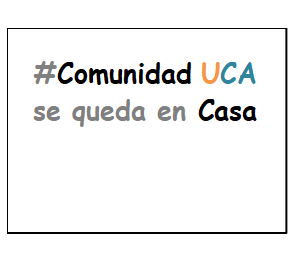COVID-19
COVID-19 PANDEMIC
Coronavirus pandemic is the highest pandemic the world has passed through since World War II and it constitutes a serious problem for global public health, so the United Nations has declared this as an international emergency. Current societies did not expect suffering a disaster of such magnitude which affects some and others equally and it has not been prevented a warning process model to face such emergency.
Restrictions about mobility of people, goods and services and the applied restraint measures, like the closure of factories, have caused the relapse of the industry sector and it has cut back the interior demand in China. The impact of all of this in the world through business travels and tourism, the supplying chain, raw materials and the fall of confidence is getting worse. The setback proportions are overwhelming and their impacts transcend the sanitary and economic, affecting the social, culture and political paradigm in a scenery of global relations and interdependent.
When the pandemic hits massively the countries in the South, whose public health systems are fragile, there will be many victims and deaths and the recovery will be hard. This situation will get worse considerately in some contexts and it will have overwhelming effects if the virus hosts in humanitarian emergency areas. Because of that, in these moments of necessity for all of us, but especially for some vulnerable countries to these risks, it is essential to strengthen collaboration through development cooperation and humanitarian help, which will be vital to solve the collapse of hospital systems all over the world.





